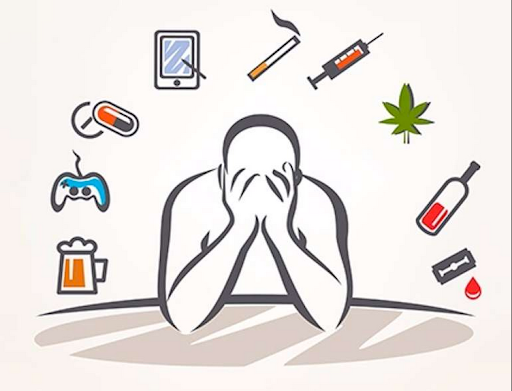
Addiction is a complex and challenging condition that can manifest in various forms, affecting individuals physically, mentally, and emotionally. Whether it’s substance abuse, gambling, or compulsive behaviors, overcoming addiction requires a multifaceted approach that addresses the root causes and provides comprehensive support. In this article, we’ll explore strategies for overcoming different types of addiction and highlight the importance of seeking assistance from detox centers and Intensive Outpatient Programs (IOP), particularly for those in Atlanta.
Understanding Addiction: Addiction is characterized by compulsive engagement in rewarding stimuli despite adverse consequences. It hijacks the brain’s reward system, leading to a cycle of craving, use, and withdrawal. While substance addiction is perhaps the most widely recognized form, addiction can also manifest in behaviors such as gambling, gaming, shopping, and even food. Regardless of the type of addiction, the underlying mechanisms and challenges are often similar, necessitating tailored treatment approaches.
Seeking Professional Help: One of the first steps in overcoming addiction is acknowledging the problem and seeking professional help. Detox centers play a crucial role in the initial phase of recovery for individuals struggling with substance abuse. These facilities provide medical supervision, support, and a safe environment for detoxification, helping individuals manage withdrawal symptoms and begin their journey towards sobriety. For those in need of immediate assistance, searching for “detox centers near me” can lead to finding local resources staffed with experienced professionals ready to provide guidance and support.
Creating a Supportive Environment: Overcoming addiction often requires significant lifestyle changes and the development of a supportive environment conducive to recovery. This may involve distancing oneself from triggers and negative influences, establishing boundaries with enablers, and surrounding oneself with individuals who are supportive of sobriety goals. Support groups and peer networks can also be invaluable sources of encouragement, empathy, and accountability. Whether through in-person meetings or online forums, connecting with others who have shared experiences can provide validation and inspiration on the road to recovery.
Addressing Underlying Issues: Addiction is often intertwined with underlying psychological, emotional, or trauma-related issues that need to be addressed for sustainable recovery. Therapy, both individual and group, can help individuals explore and process these underlying issues, develop coping strategies, and build resilience. Intensive Outpatient Programs (IOP) in Atlanta offer structured support and therapy sessions for individuals transitioning from detox to ongoing treatment. By addressing the root causes of addiction, individuals can better understand their triggers and develop healthier ways of coping with stress and emotions.
Embracing Holistic Approaches: Holistic approaches to addiction recovery focus on healing the whole person—mind, body, and spirit. These approaches may include mindfulness practices, yoga, meditation, nutrition counseling, and experiential therapies such as art or music therapy. By incorporating holistic modalities into their recovery journey, individuals can reduce stress, improve self-awareness, and cultivate a sense of balance and well-being. These practices not only complement traditional treatment methods but also empower individuals to reconnect with themselves and find meaning and purpose beyond addiction.
Maintaining Long-Term Sobriety: Achieving sobriety is a significant milestone, but maintaining it requires ongoing effort, commitment, and support. After completing detox and/or IOP in Atlanta, individuals can benefit from participating in aftercare programs, attending regular therapy sessions, and engaging in self-care activities that promote overall well-being. Developing healthy habits, setting realistic goals, and staying connected with a supportive community are essential strategies for safeguarding long-term sobriety and preventing relapse.
In conclusion, overcoming addiction is a journey that requires courage, perseverance, and support. By seeking assistance from detox centers, participating in Intensive Outpatient Programs (IOP), addressing underlying issues, embracing holistic approaches, and maintaining long-term sobriety, individuals can break free from the grip of addiction and reclaim their lives. Remember, recovery is possible, and you don’t have to face it alone.
